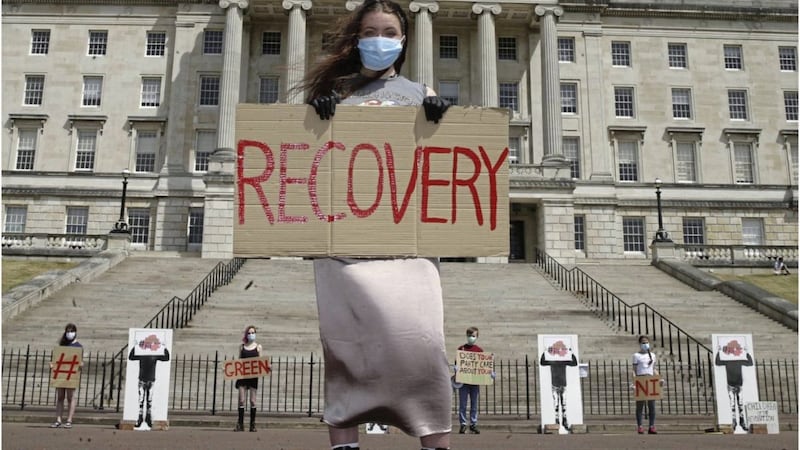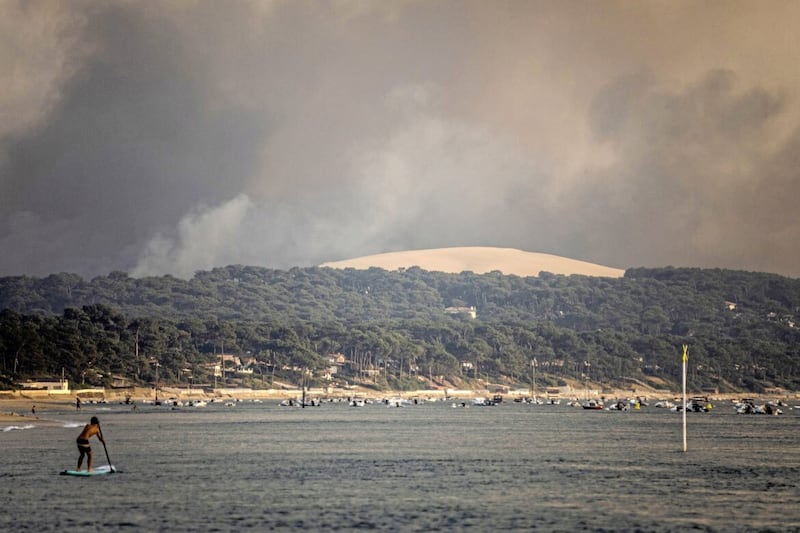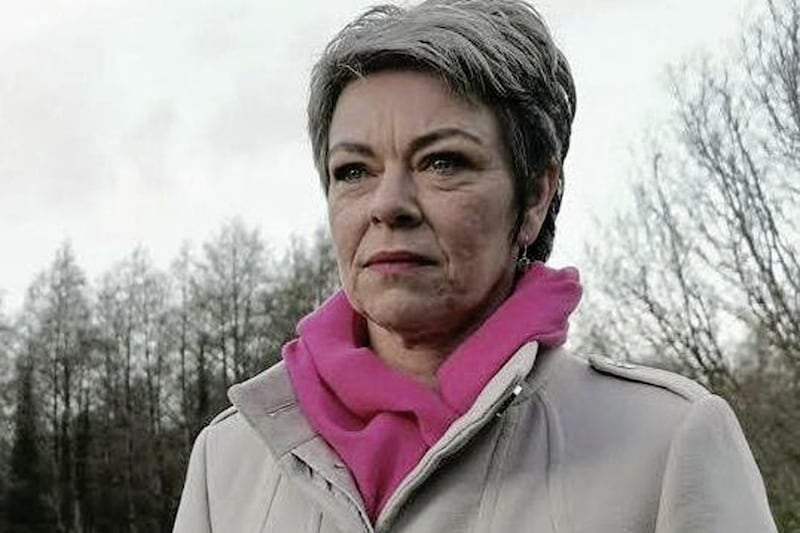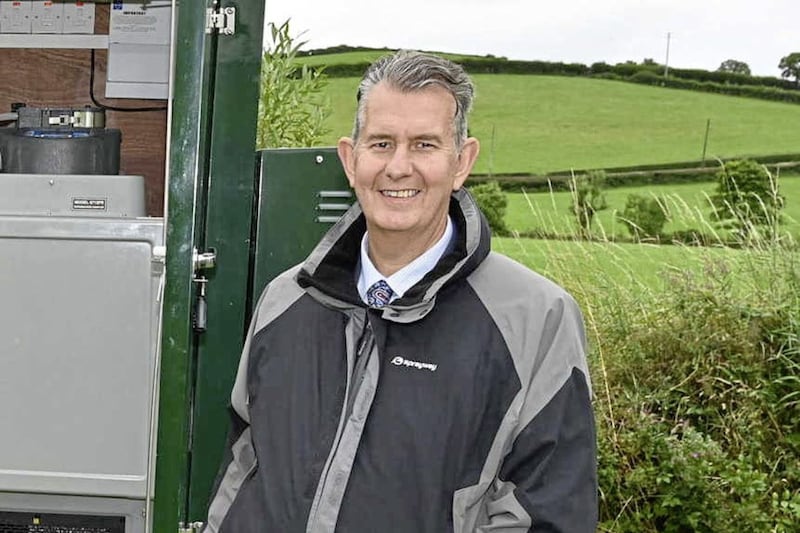Declan McAleer
West Tyrone Sinn Féin MLA
Chairman of the Assembly's Committee for Agriculture, Environment and Rural Affairs
CLIMATE change is one of the biggest challenges facing our society and it is a global issue.
Yet locally, we have been slow to address it and to find an agreed way to tackle its worst effects.
Currently, we are the only part of these islands that does not have dedicated climate change legislation. This needs to change. We need to work together to find balanced strategies and solutions to help protect our planet, as well as our local industries and livelihoods.
The Assembly’s Committee for Agriculture, Environment and Rural Affairs, which I chair, is currently examining the new Climate Change Bill that sets out a framework for climate change adaptation and mitigation.
One of the bill’s main proposals sets a target of reducing greenhouse gases to net zero by 2045, and I have no doubt this will be the most debated aspect of the entire Bill.
We will be closely examining how the target could affect our society, including agriculture and rural communities, and how we mitigate any negative consequences.
We will also be considering advice from global experts in this field in terms of the ability to deliver on this target and the methods of climate change adaptation that can be introduced locally.
The bill addresses the need to develop targeted sectoral plans for all areas, such as transport, energy production, waste management, land use and land change to ensure that each sector’s work dovetails with the overall aims of the bill.
We are also looking at the need for Climate Action Plans, which the bill proposes should be produced every five years and will include targets for areas like net greenhouse emissions, water and soil quality, and the measures required to help us reach those targets.
Resource implications, such as the type of new infrastructure we will need and how this will be funded, is a crucial aspect of the bill, as is whether or not we need a local and fully independent climate commissioner.
Transboundary issues are another important consideration. Climate change does not recognise borders, so we need to ensure that any measures introduced locally are aligned with climate change initiatives across these islands.
This is an ambitious bill and the committee recognises that some sectors will be apprehensive about its potential consequences. That is why it is vitally important that we hear from as many people as possible through our ‘call for evidence and yiews’ so that we can fully understand the diversity and range of perspectives on the bill.
We have a duty to ensure that any law brought forward is constructed in a way that benefits our local people, taking into account those who will be most profoundly affected. As a committee, our goal is to examine the bill holistically, only then can we ensure that it represents a balanced and considered approach towards tackling climate change.
New laws affect all of us and the best laws are those that are shaped directly by the people. I would encourage anyone with a view on this important bill to complete our ‘call for evidence and views’ on the Assembly’s website at http://nia1.me/climatebill by Friday 15 July 2021.







